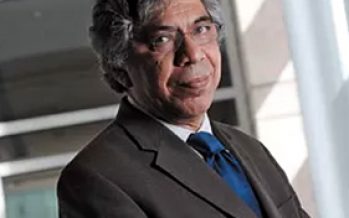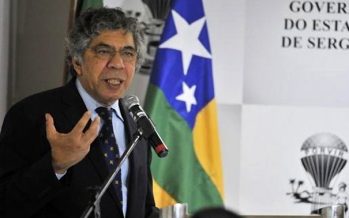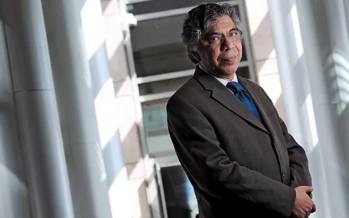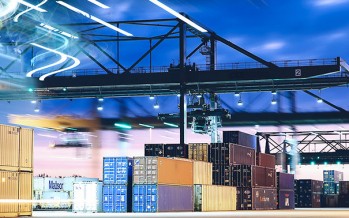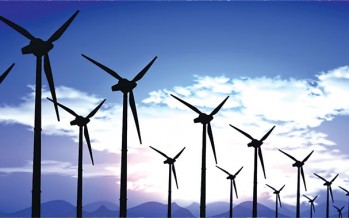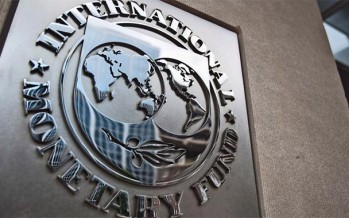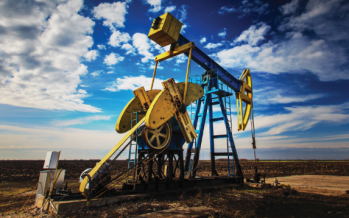Author: Otaviano Canuto
Back to homepageOtaviano Canuto
Otaviano Canuto, based in Washington, D.C, is a senior fellow at the Policy Center for the New South, a nonresident senior fellow at Brookings Institution, a professor affiliate at UM6P, a professorial lecturer of international affairs at the Elliott School of International Affairs – George Washington University, and principal at Center for Macroeconomics and Development. He is a former vice-president and a former executive director at the World Bank, a former executive director at the International Monetary Fund and a former vice-president at the Inter-American Development Bank. He is also a former deputy minister for international affairs at Brazil’s Ministry of Finance and a former professor of economics at University of São Paulo and University of Campinas, Brazil. Otaviano has been a regular columnist for CFI.co for the past 10 years.
Otaviano Canuto & Matheus Cavallari, World Bank: Bloated Central Bank Balance Sheets
Central banks of large advanced and many emerging market economies have recently gone through a period of extraordinary expansion of their balance sheets and are all now possibly facing a transition to less abnormal times. However, the fact that one
Read MoreOtaviano Canuto, World Bank: Global Imbalances on the Rise
Discussions around large current account imbalances among systemically relevant economies as a direct threat to the stability of the global economy vanished in the aftermath of the global financial crisis. As the crisis originated in the US financial system –
Read MoreOtaviano Canuto, World Bank: What’s Ailing the Brazilian Economy?
Brazil’s GDP is poised to decline by close to 7% in 2015-2016. Per capita GDP in 2016 is likely to shrink by more than 10% as compared to three years ago. We argue here that a double malaise has been
Read MoreOtaviano Canuto, IMF: China’s Spill-Overs on Latin America and the Caribbean
The Chinese economy is rebalancing while softening its growth pace. China’s spillovers on the global economy have operated through trade, commodity prices, and financial channels. The global reach of the effects from China’s transition have recently been illustrated in risk
Read MoreOtaviano Canuto, IMF: What Happened to World Trade?
World trade suffered another disappointing year in 2015, experiencing a contraction in merchandise trade volumes during the first half and only a low recovery during the second half (Figure 1). While last year’s trade performance can be associated to the
Read MoreOtaviano Canuto, IMF: Whither Emerging Markets Foreign Exchange Reserves
After a exponential rise in foreign exchange reserves accumulation by emerging markets from 2000 onwards, the tide seems to have turned south since mid-2014. Changes in capital flows and commodity prices have been major factors behind the inflection, with the
Read MoreOtaviano Canuto, IMF: Trade Opening Could Be a Source of Growth for Brazil
International trade has undergone a radical transformation in the past decades as production processes have fragmented along cross-border value chains. The Brazilian economy has remained on the fringes of this production revolution, maintaining a very high density of local supply
Read MoreWorld Bank Group: Should Oil Exporters Shift Capital Stock to Renewables?
As the Financial Times pointed out recently, oil companies such as ExxonMobil and Shell would, under measures considered for the global climate pact to be sealed in Paris next year, cease to exist in their current forms in 35 years.
Read MoreOtaviano Canuto, IMF: How Commodity-Dependent Are Latin American Economies?
The end of the upswing phase of the commodity price super-cycle, after its peak in 2011, has lowered economic growth prospects in most of Latin America. While that broad statement can hardly be disputed, Chapter 3 of the latest IMF
Read MoreOtaviano Canuto, World Bank Group: BRICS Apart as Oil Prices Plunge
The oil price plunge since last June has been deemed, overall, as a boon for the global economy. However, that depends on where one stands as a producer or user, as illustrated here with the divergence of impacts on BRICS
Read More















































































